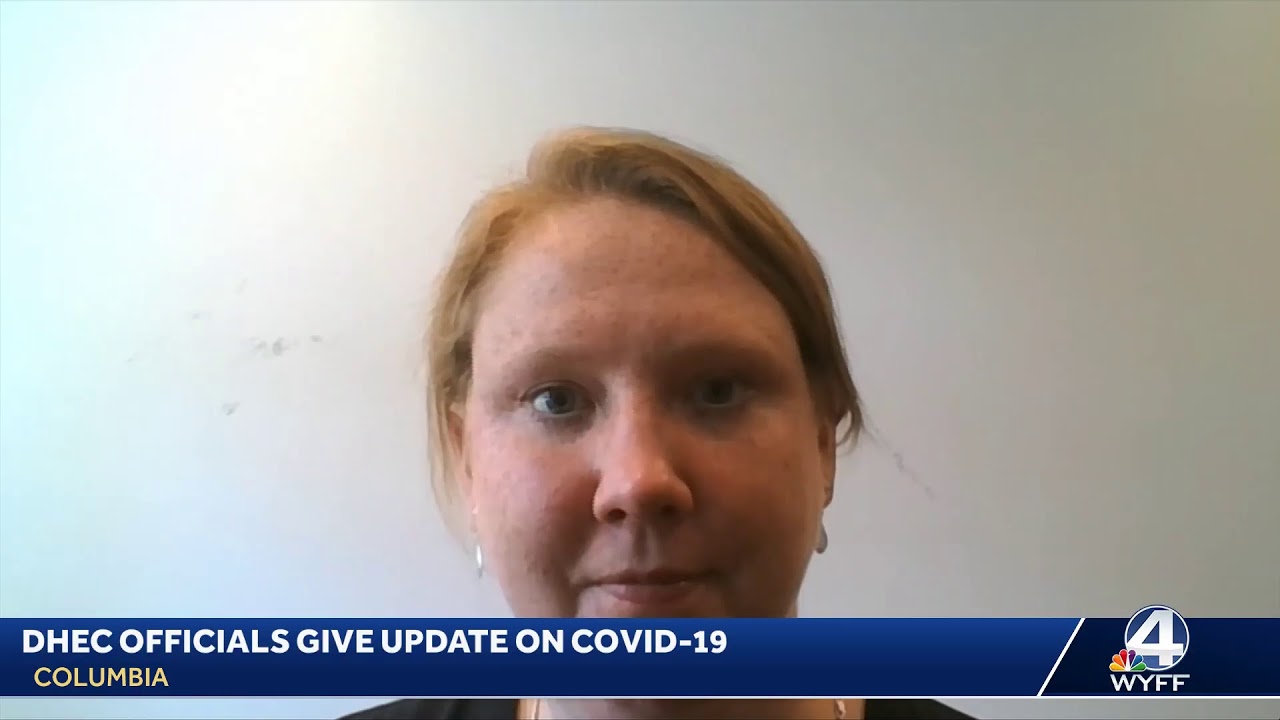By Dean Hybl
In a world where technology has made waiting for anything seem antiquated and unnecessary, I think it is fair to say that, for most of us, instant gratification is not considered a luxury but an expectation and necessity. If something can’t be done immediately, then we often will move on until we find something that meets our immediate need, even if it isn’t as good as something that may have taken longer.
Those of us with gray in our beards (and whatever is left of our hair) like to call out the instant gratification need in millennials and Generation Z — but be honest: Even if you are a baby boomer or Generation X product, I bet you are guilty of picking a drive-thru based on the line or quickly flipping to another web site when the one you were on fails to quickly load.
I have found in my 15 years working with stakeholders on issues of community impact that getting people to withstand the urge for instant gratification and instead dive deeper to identify and work on a more systemic issue can often be an exercise in futility.
On one hand, I get it. Business leaders, elected officials and nonprofit leaders often are focused on the most immediate need. They are hearing from customers, clients, constituents and employees about the crisis of the moment and feel pressure to do something quickly to deal with it.
I have often called this the “pothole syndrome.” People want the immediate pothole fixed and often don’t care if there is a big truck headed straight for them.
Now I am all for fixing the potholes. Especially in today’s world where COVID-19, economic disparity and social unrest are impacting millions of Americans, immediate solutions to reduce the burdens must be found and implemented.
However, I believe that around every issue and challenge we have an opportunity and obligation to also look at the systemic causes and identify what long-term strategies might be implemented to not just address the immediate need, but also the root cause of the challenge.
Following the tragic events in Minnesota, Kentucky and other parts of the country earlier this year that have led to protests and questions about the role and authority of law enforcement, Ten at the Top convened a discovery committee of leaders from across the Upstate to look at how we can work collaboratively to create a safer environment for all residents.
The committee has recently released a series of initial recommendations that encourage our law enforcement and community leaders to work collaboratively to create an environment where the lives of all law enforcement members and residents are equally valued.
Related: Ten at the Top’s Creating a Safer Upstate Discover Committee releases recommendations
There are some immediate opportunities, including encouraging law enforcement agencies to hire diversity and inclusion officials (Oconee County was the first in the region to do so earlier this year) and creating a pipeline to encourage more women and people of color to become law enforcement officers.
However, while we would love to be able to wave a magic wand and immediately create a new dynamic where every resident is treated with the same level of opportunity and respect, we know in reality that it will take many years of incremental successes to move our society to the desired outcome.
The same thing can be said for just about every other issue impacting our community, including transportation, poverty, affordable housing, skill training, education and many more.
The reality is that current situations are the result of many years of policy and practice. There are certainly short-term “potholes” that we can fix to make an immediate impact, but unless we are also willing to work together to address the long-term and systemic reasons for these challenges, we will never really be able to make them go away.
We must fight the urge to simply look for instant gratification and instead recognize that having the patience and perseverance to stay engaged for the long haul is the clearest path to lasting success.
You can read the full recommendations of the Ten at the Top Safer Upstate Discovery committee at www.tenatthetop.org.
Dean Hybl has been the executive director of Ten at the Top since January 2010.
The post Fighting the urge to settle for instant gratification appeared first on UPSTATE BUSINESS JOURNAL.










